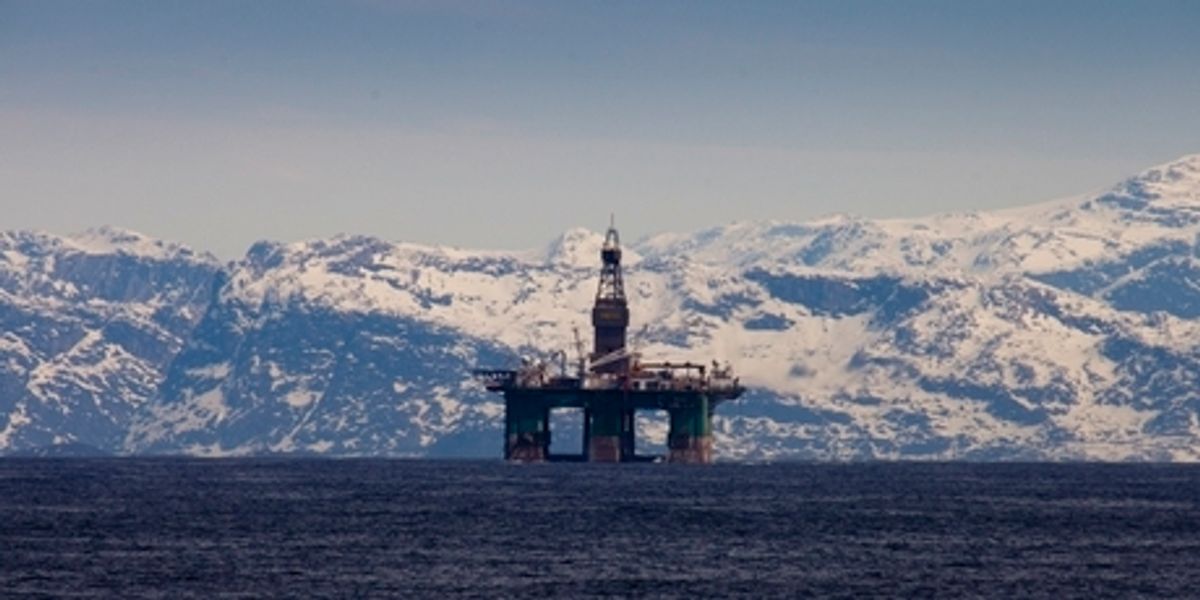When the two U.S. presidential candidates meet for their first debate this coming Wednesday, it is to be expected that they will differentiate themselves on energy issues, among others, and that Mitt Romney will portray President Barack Obama as anti-energy-development. Though nobody doubts that the president is indeed more attuned to environmental and public health concerns than a Republican president would be, and that he has tried harder to promote renewable energy technologies than a Republican would, Romney will be on somewhat thin ice. In the last year, Obama has increasingly described himself as sympathetic to all energy resources, and he can muster a good deal of evidence to support the claim that this indeed has been his real position all along. And now, with setbacks to oil development efforts in the Arctic, there is an inconvenient reminder that the most pro-development policies still can run up against hard physical realities.
Obama has fully embraced the revolution in unconventional natural gas, and he has done little or nothing to discourage an oil boom in North Dakota, which has leapfrogged California and Alaska to become the second largest domestic producer after Texas. During the years of Obama's presidency, domestic oi production has increased 25 percent, and dependence on petroleum imports has shrunk from 60 percent to 42 percent. Though the president became a good deal more cautious about offshore oil drilling after BP's catastrophic Gulf spill, Obama has quietly encouraged shallow-water drilling in the Arctic, as the New York Times reported last May. On that basis, Shell had hoped to begin drilling this summer, having invested $4.5 billion in exploration and development.
Two weeks ago, Shell announced it would have to postpone Arctic drilling until at least 2013 because of an accident involving a spill containment dome. The company was expecting to be in a position to drill up to five wells this summer and fall, the Times reported, but "equipment problems and persistent sea ice forced the company to cut back its program repeatedly." Meanwhile, though the Arctic is thought to contain about a fifth of the world's recoverable oil, the CEO of France's Total has expressed doubt what whether Arctic oil can be realistically extracted at all.
The Total CEO distinguished between oil and natural gas, which he thinks is more recoverable in difficult environments because spills are more easily handled. With Norway's Statoil and Russia's Gazprom, Total is highly invested in the vast Shtokman field, which is thought to contain enough natural gas to fuel the world for a year. But Shtokman is located 550 kilometers north of Russia's northern coast in the gale-swept and ice-afflicted Barents Sea. Gazprom leaders have begun to transmit mixed signals about whether Sthokman in fact can be developed, leaving Total and Statoil executives scratching their heads.
With oil and gas company leaders pondering just how hard one can realistically push oil development, one wonders just how hard Candidate Romney will be able to push President Obama on the issue.



